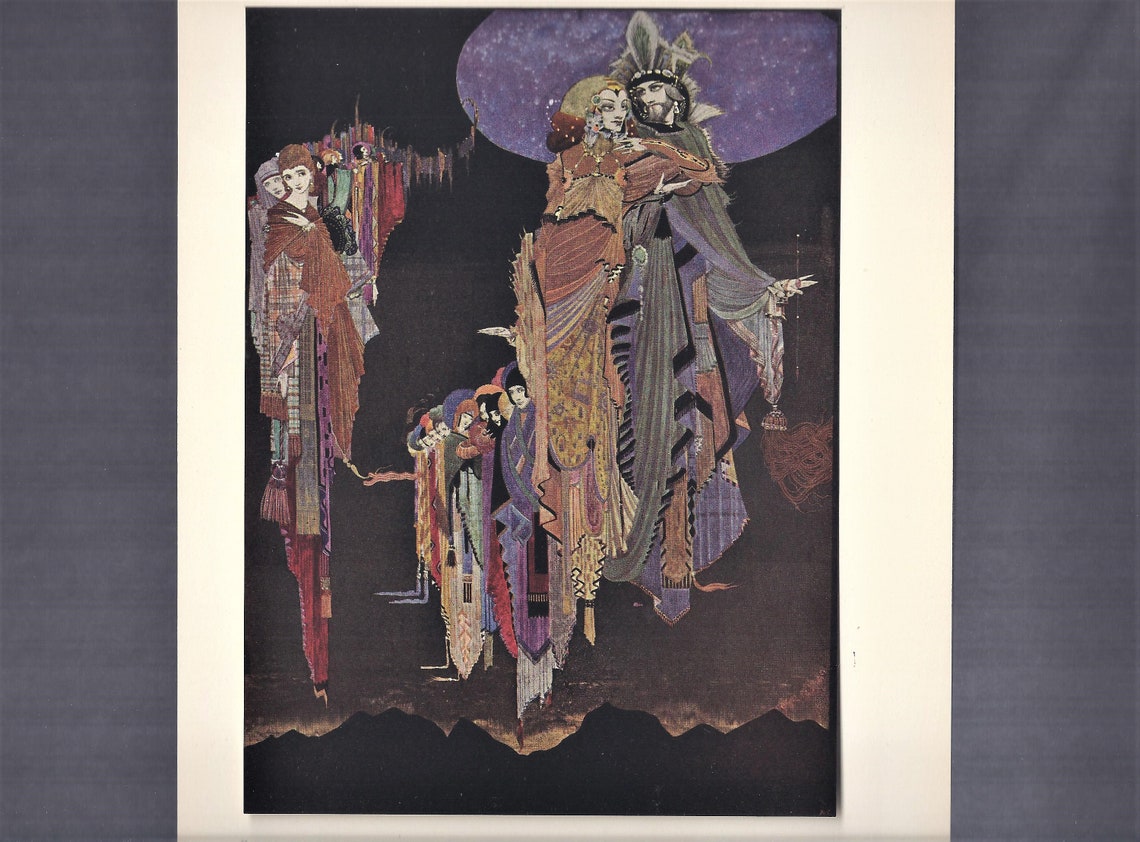
Reached by that analogy which speaks in proof-tones to the imagination alone, and to the unaided reason bears no weight. Occasionally the poetic intellect - that intellect which we nowįeel to have been the most exalted of all - since those truths which to us were of the most enduring importance could only be In practical science as a retro-gradation in the true utility.

At long intervals some master-minds appeared, looking upon each advance Guidance of the natural laws, rather than attempt their control. There were periods in each of the five or sixĬenturies immediately preceding our dissolution, when arose some vigorous intellect, boldly contending for those principles whose truthĪppears now, to our disenfranchised reason, so utterly obvious - principles which should have taught our race to submit to the

The term “improvement,” as applied to the progress of our civilization. Wise among our forefathers - wise in fact, although not in the world's esteem - had ventured to doubt the propriety of One word first, my Una, in regard to man's general condition at this epoch. Then, commence with the moment of life's cessation - but commence with that sad, sad instant when, the fever havingĪbandoned you, you sank into a breathless and motionless torpor, and I pressed down your pallid eyelids with the passionate fingers of In Death we have both learned the propensity of man to define the indefinable. And when did the radiant Una ask anything of her Monos in vain? I will be minute in relating all - but at what point Above all, I burn to know the incidents of your own passage through the dark Valley and Much to say yet of the things which have been. But the memory of past sorrow - is it not present joy? (6) I have Speak not here of these griefs, dear Una - mine, mine forever now! Would strengthen with its strength! (5) Alas! as it grew, so grew in our hearts theĭread of that evil hour which was hurrying to separate us forever! Thus, in time, it became painful to love. Which burned within our bosoms - how vainly did we flatter ourselves, feeling happy in its first upspringing, that our happiness

“thus far, and no farther!” (4) That earnest mutual love, my own Monos, We lose ourselves in speculations upon its nature! How mysteriously did it act as a check to human bliss - saying unto it Ah, Death, the spectre which sate at all feasts! (3) How often, Monos, did And here how singularly sounds that word which of old was wont to bring terror to all hearts You are confused and oppressed by the majestic novelty of the Life Eternal. How strangely, sweet Una, you echo my words! I observe, too, a vacillation in your step - a joyous inquietude in Were the words upon whose mystical meaning I had so long pondered, rejecting the explanations of the priesthood, until Death himself Yes, fairest and best beloved Una, “born again.” (1) These “The Colloquy of Monos and Una” was probably written in May or June, 1841. The spirit of Improvement has withered them with its acrid breath.” The Columbia Spy for (reprinted in Doings of Gotham): “The old mansions are doomed. Treatments of these matters, compare “Some Words with a Mummy,” “Mellonta Tanta,” and especially his comment in Rejected the idea of egalitarian democracy, and feared the increasing ugliness of urban industrial growth. “Sonnet - To Science” and “The Island of the Fay.” He joined the ancients in the fable of the Golden Age, Who shall say where the one ends and the otherĮmphasized here is Poe's proclamation of his rejection of the idea of Progress, expressed also in his “The boundaries that divide Life from Death are at the best shadowy and vague. Will say again not only in his tales but in his poems, and what he later expresses so well in “The Premature Burial” (1844): Once again Poe is saying what he has said and

Recording another of his imaginative excursions beyond the bourne of mortality, and in this sense it belongs with his other stories ofīurial and resurrection” (see Patrick Quinn, The French Face of Poe, p. This is the second of Poe's trilogy of dialogues of blessed spirits in Heaven the others are “TheĬonversation of Eiros and Charmion” of 1839 and “The Power of Words” of 1845.


 0 kommentar(er)
0 kommentar(er)
